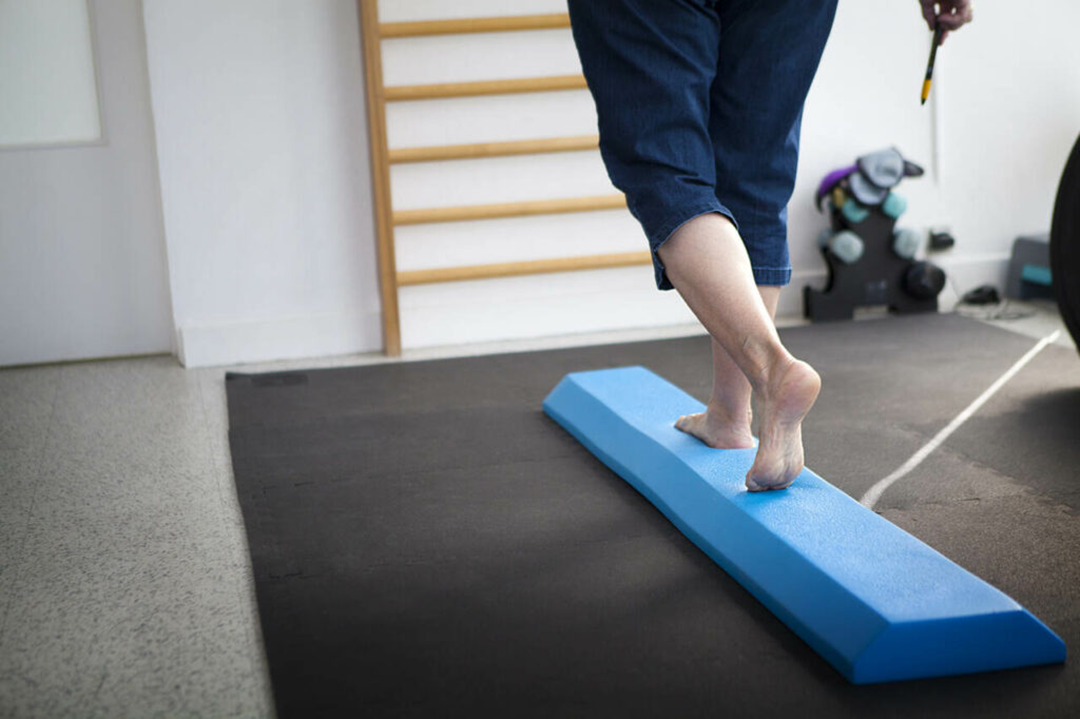Vestibular Rehab for Persistent Concussion Symptoms
Concussions are complex injuries that affect brain function and can lead to a range of symptoms, including dizziness, balance problems, and difficulty focusing. When symptoms persist beyond the typical recovery period, the condition is now referred to as persistent concussion symptoms (PCS) rather than the outdated term "post-concussion syndrome." One of the most effective therapeutic approaches for managing these lingering issues is vestibular rehabilitation therapy (VRT).
Understanding Persistent Concussion Symptoms (PCS)
Persistent concussion symptoms occur when physical, cognitive, and emotional issues continue for weeks or months following a concussion. Common symptoms include:
Dizziness or vertigo
Balance instability
Visual disturbances
Headaches
Difficulty concentrating or reading
The vestibular system, which controls balance and spatial orientation, is often disrupted after a concussion. This disruption can contribute significantly to many of the symptoms associated with PCS.
What Is Vestibular Rehabilitation Therapy (VRT)?
Vestibular rehabilitation therapy is a specialized form of physical therapy designed to address dizziness, balance issues, and visual disturbances. It involves customized exercises that help retrain the brain to process balance signals more effectively.
Key Components of VRT for Persistent Concussion Symptoms
Balance Training: Exercises that challenge the body’s ability to maintain stability on different surfaces and during various movements.
Gaze Stabilization: Activities that improve the ability to maintain focus on a target while the head is moving.
Habituation Exercises: Gradual exposures to motion or visual stimuli that trigger dizziness, helping the brain adapt and reduce symptoms.
Postural Control Exercises: Techniques to improve body alignment and coordination to enhance overall stability.
Screening and Treating BPPV (Benign Paroxysmal Positional Vertigo)
One important condition to screen for in patients with persistent concussion symptoms is Benign Paroxysmal Positional Vertigo (BPPV). BPPV occurs when tiny calcium crystals in the inner ear become dislodged and interfere with normal balance signals. This condition can cause intense dizziness and vertigo, which may significantly impact recovery.
If BPPV is present, it must be treated before progressing to additional vestibular therapy, as untreated BPPV can hinder recovery and exacerbate symptoms. Treatment typically involves specific repositioning manoeuvres to return the displaced crystals to their proper location in the inner ear.
Learn more about BPPV and its impact on concussion recovery.
Evidence Supporting VRT for PCS
Numerous studies have demonstrated the effectiveness of vestibular rehabilitation for individuals with persistent concussion symptoms. Key findings include:
Significant improvements in dizziness and balance.
Reduction in visual disturbances and improved gaze stabilization.
Enhanced ability to return to daily activities and exercise.
When to Seek Vestibular Rehabilitation
If you or someone you know continues to experience dizziness, balance problems, or visual disturbances several weeks after a concussion, it’s important to consult a healthcare professional. Early referral to a vestibular therapist can accelerate recovery and improve quality of life.
The Multidisciplinary Approach
While VRT is highly effective, it is often part of a comprehensive treatment plan for PCS. This may include:
Exertion therapy for autonomic dysfunction issues.
Psychological support for anxiety or mood changes.
Manual therapy for neck pain.
Conclusion
Vestibular rehabilitation plays a vital role in treating persistent concussion symptoms by addressing the balance and visual issues that often accompany prolonged recovery. By retraining the brain and improving balance, VRT offers a pathway to improved function and quality of life for individuals struggling with PCS.
If you are experiencing persistent symptoms after a concussion, consider seeking evaluation by a healthcare provider trained in vestibular rehabilitation therapy to begin your journey to recovery.


